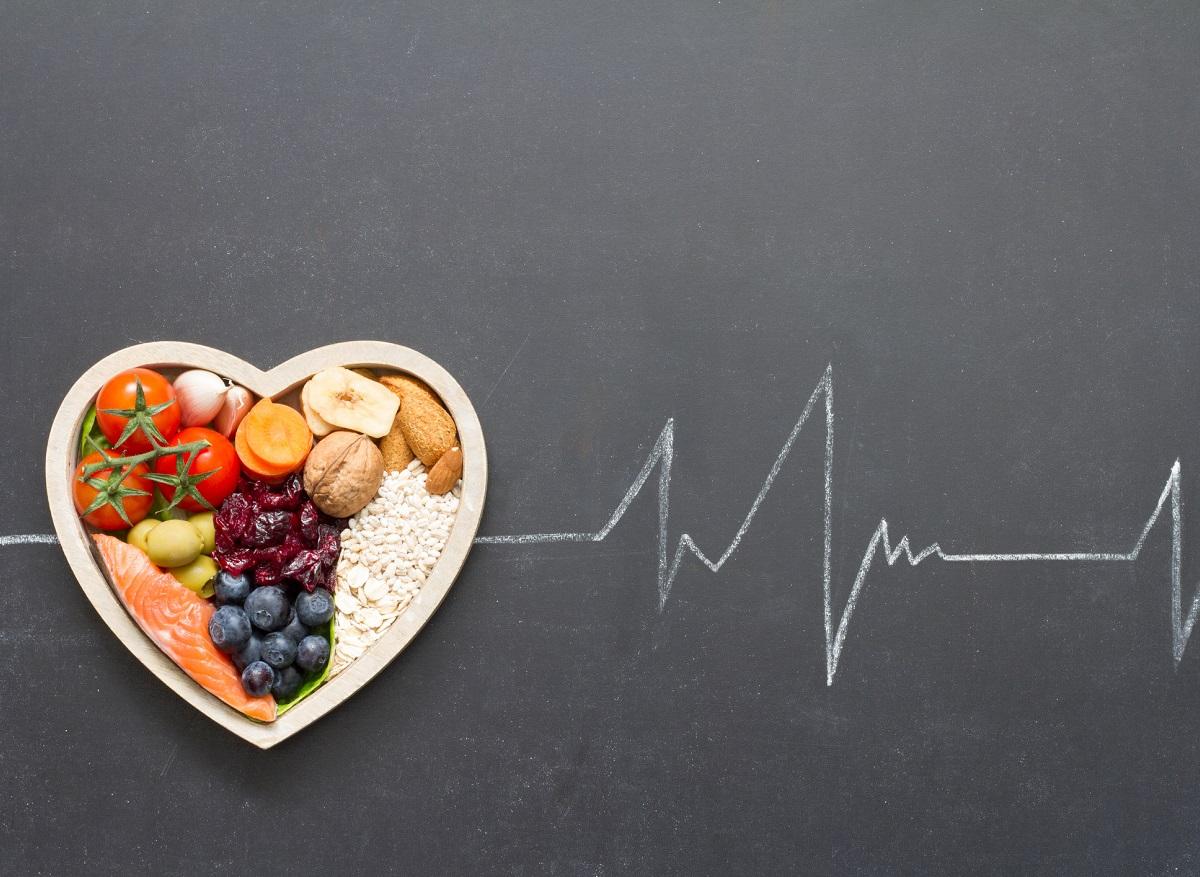Fighting heart attacks by banning trans fatty acids is New York’s bet. Successfully since hospitalizations have decreased.

Fatty acids trans, the consumer knows them well. They are the ones who give their melting texture to the spreads, their crunchiness to the chips and their texture to the pastries. Gentle on the tongue, yes, but less so on the heart. The city of New York (United States) has understood this well. Since 2006, these fatty acids have no longer been used in restaurants.
The repercussions are positive, according to a study published in the JAMA Cardiology. Since this ban, the number of heart attacks and other cardiovascular incidents has fallen in the metropolis.
6% fewer hospitalizations
The authors of this work, from Yale University (United States), have gathered a considerable amount of data. In 2006, more than 8 million adults lived in the area where the ban on fatty acids was to be enforced. trans in food shops. The health of these inhabitants has been compared to that of 3.3 million people living in an area of influence without being subject to such a limitation.
Living in a city where fatty acids trans are reduced seems to be effective. After 3 years, the restriction allowed a 6% decline in cardiovascular incidents overall. The impact is particularly marked in the case of myocardial infarction. Hospitalizations for this reason were 8% less numerous in 2009. “It is a rather significant decline”, welcomes Eric Brandt, first author of the study.
The excluded industry
It must be said that the damage of fatty acids trans on the cardiovascular system are well known. This product, resulting from an industrial process intended to change the texture of fats, promotes the increase in LDL cholesterol, triglycerides and several markers of inflammation. These are all parameters that promote the onset of cardiovascular disease and – ultimately – the onset of stroke or infarction.
If it is difficult to escape these fats in the supermarket, the health authorities have chosen to limit them in restaurants and others. fast food. Because a single serving can blithely exceed the doses recommended by health authorities. The US Food and Drug Administration (FDA) recommends that you do not exceed 2 grams per day. Taco Bell’s “Cinnabon delights” pastries alone reach this quantity. Despite everything, progress has been observed since 2006. This justifies the decision of the FDA, which plans to strengthen the rules from 2018.

.

















